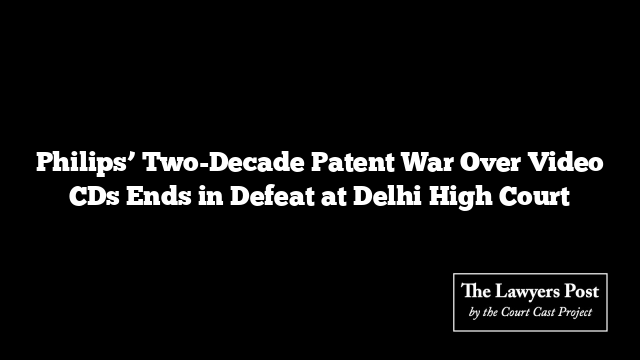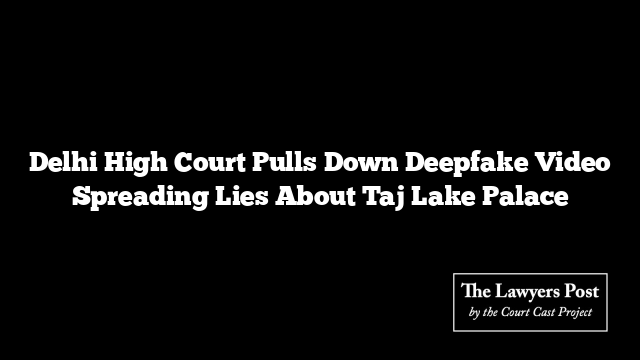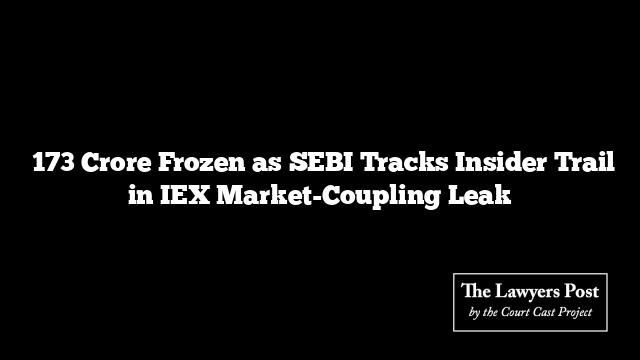After twenty-one years of courtroom back-and-forth, global tech giant Philips has finally hit the end of the road in its long-running patent battle over Video CDs — and the verdict didn’t go its way.
The Delhi High Court has ruled that Philips failed to prove its claim that a local Delhi shop had infringed on its patent for a “Digital Transmission System.” The court, presided over by Justice Mini Pushkarna, found the company’s entire argument riddled with gaps — from flawed comparisons to missing evidence of key patent features.
At the heart of Philips’ case was its belief that the shop’s replication and sale of VCDs mirrored its patented technology. But the court wasn’t convinced. Philips’ patent, the judgment noted, covered three essential components: a transmitter, a receiver, and a transmission medium. None of these, the court found, were properly identified in the accused VCDs.
“The company jumped straight to the final product — the end result — without showing how that result was achieved,” the judgment observed, noting that Philips had focused only on the outcome rather than the technical path that produced it.
The Delhi-based shop, the court pointed out, wasn’t manufacturing discs from scratch. It was merely replicating pre-existing “Master CDs,” a process that didn’t involve the compression or transmission methods protected under Philips’ patent.
In a stinging assessment, the court remarked that Philips’ attempt to link the defendants’ CDs with its patented process was “totally fallacious.” It said the company had failed to follow the claim-mapping standards required under the Delhi High Court’s own patent suit rules.
Even Philips’ claim that its patent was a “Standard Essential Patent” — a type of patent fundamental to an industry standard — was dismissed. The company couldn’t produce an independent expert report showing that its patent matched the ISO/IEC 11172-3 standard it relied upon.
Philips had initially filed the case back in 2004, claiming that BCI Optical Disc Ltd. was using its VCD technology without a license. The company said it had created a global pool of patents and had licensed many Indian manufacturers to use them. When BCI refused to pay royalties, Philips took the matter to court.
But by the time the High Court reached its decision, the patent itself had expired — back in 2010. What remained to be decided was whether Philips could still demand damages for alleged infringement before the expiry date.
That question, too, was settled against the company. The court held that Philips had not demonstrated any actual infringement — and therefore no damages were due.
Even correspondence between the two parties, which Philips tried to interpret as an admission of guilt, failed to hold water. The court said those letters never referred to any specific patent and were written “without prejudice,” meaning they couldn’t be treated as an acknowledgment of wrongdoing.
In the end, the judgment brought a quiet close to one of India’s longest-running patent disputes — a reminder that even technological giants must map every claim with precision when entering the courtroom.
Philips’ case was dismissed in full. The shop in question walked free of any liability — and the long saga of the Video CD patent fight finally came to an end.





